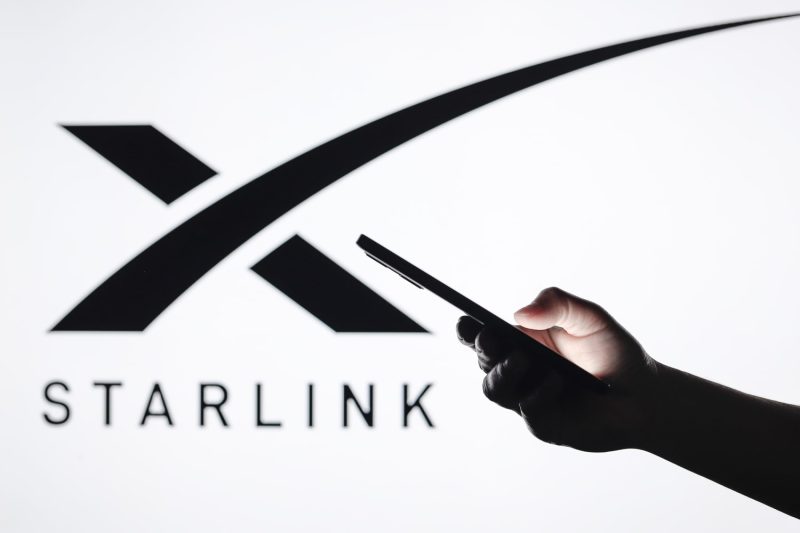Elon Musk’s Starlink: A Revolution in Bringing Internet and Politics to Storm-Ravaged Areas
Elon Musk, the innovative tech entrepreneur known for revolutionizing industries, has once again made headlines with his ambitious project Starlink. Launched to provide global internet coverage, Starlink has proven itself not only as a groundbreaking technological advancement but also as a crucial tool in disaster relief efforts in storm-ravaged areas around the world.
In recent years, natural disasters such as hurricanes, typhoons, and wildfires have wreaked havoc on communities, leaving them without essential services such as communication and access to information. Traditional communication infrastructure, such as cell towers and cables, often suffer damage during these disasters, further exacerbating the already dire situation. In times of crisis, reliable communication is vital for coordination of rescue and relief operations, as well as for keeping residents informed and connected to the outside world.
Starlink’s satellite-based internet service has emerged as a game-changer in disaster response and recovery efforts. By leveraging a constellation of low Earth orbit satellites, Starlink can provide high-speed internet connectivity to remote and disaster-stricken areas in a matter of hours. This capability has proven invaluable in facilitating communication among emergency responders, enabling them to quickly assess the situation on the ground and coordinate their efforts effectively.
Furthermore, Starlink has also played a significant role in bringing attention to the political aspects of disaster response. In several instances, governments and non-profit organizations have relied on Starlink’s internet service to raise awareness about the extent of the damage caused by natural disasters and to mobilize support from the international community. By providing a platform for sharing real-time updates and information, Starlink has helped ensure a more transparent and efficient response to disasters, holding responsible parties accountable for their actions or inactions.
Moreover, the deployment of Starlink in disaster-affected areas has raised questions about the role of technology companies in addressing humanitarian crises. As private entities like SpaceX, Musk’s aerospace company, step in to fill the gaps left by traditional governmental agencies, discussions around the responsibilities and ethics of tech companies in disaster response and recovery have come to the forefront. While the rapid deployment of services like Starlink can undoubtedly save lives and alleviate suffering, concerns about data privacy, ownership, and long-term sustainability remain valid and warrant further examination.
In conclusion, Elon Musk’s Starlink project represents a significant advancement in leveraging technology for the greater good, particularly in disaster relief efforts. By providing internet connectivity to storm-ravaged areas and enabling effective communication and coordination, Starlink has emerged as a crucial tool in mitigating the impact of natural disasters and supporting communities in times of crisis. However, as the intersection of technology, politics, and humanitarian aid evolves, it is essential for stakeholders to engage in thoughtful dialogue and collaboration to ensure that innovative solutions like Starlink are harnessed responsibly and ethically to build a more resilient and connected world.
